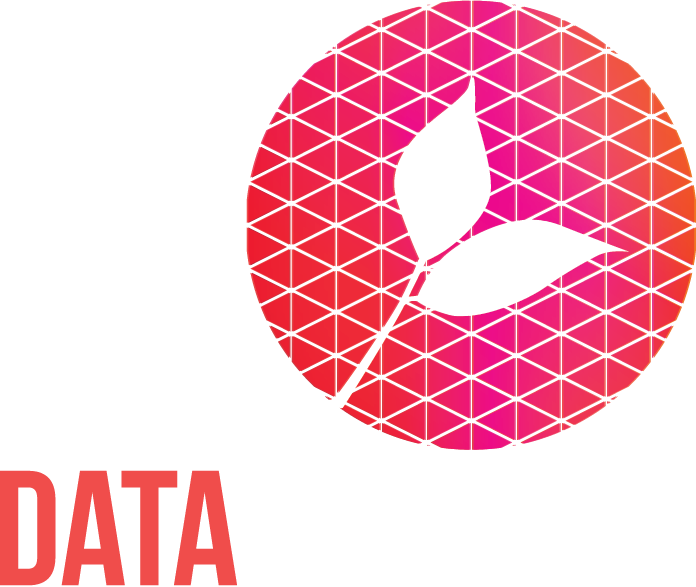3 big questions about resourcing data roles in nonprofits
Every month we run the Nonprofit Datafolk Club. A place for data-folk in nonprofits to come together and discuss a data related issue.
In October 2023 we decided to look at ‘resourcing data roles in nonprofits’, inspired by our recent job vacancy data analysis. The analysis showed a rise in salaries, particularly for analysts. It also showed that for several data role-types nonprofit organisations offered lower salaries than the commercial average.
We had a brilliant discussion around 3 key questions that I have summarised below.
How might nonprofits compete for data roles?
It was acknowledged that the voluntary sector isn’t as well funded as the private sector and therefore trying to compete with salaries is a big challenge. But there are other benefits that attract people to the nonprofit sector.
Firstly, jobs in the nonprofit sector offer interesting work and the opportunity to make a positive contribution to the world, which appeals to some people disillusioned with the academic/private sector. Also, the data you work with in nonprofits is often about people and situated in a complex space, which can be both more interesting and more challenging than data primarily about profit. However it was also noted that as many nonprofits have a limited number of data staff (often only one) you may have to take on a lot of responsibilities that you’re not so interested in.
Attendees expressed their experience of working in nonprofits as having a good working culture, full of nice people. It’s easier to be fulfilled in your job when your values align with the organisation you're working for and with your colleagues. Often, you can see how your work informs decision making in a nonprofit organisation and this lets you know you are making a difference.
It was discussed how benefits such as flexible working and a wider compensation package (eg a good pension or employee assistance programmes) also compete with salary as these are valuable additions to a person’s life.
Practically, it was noted that links with other organisations can help with appealing to data role candidates. Collaborative working, learning partnerships and networks are all important – especially if you have a small data team.
2. How might nonprofits access data skills in other ways than hiring staff?
We also discussed methods of increasing an organisation's data capabilities and capacity without hiring staff. A few great suggestions were made:
Join an apprenticeship scheme (eg Cambridge Spark): it’s not a huge investment of money but needs a day per week and support for on-the-job exercises
Access pro bono support or volunteer data work: this can be good for specific projects or work requiring tools the nonprofit organisation wouldn’t be able to otherwise access, however it can be difficult to come up with what work would be appropriate and helpful in this context
Take part in data sharing agreements and partnerships between organisations: especially for matched cohorts with sensitive data that can’t necessarily be handed over or made public. This might be easier for some issues (where lots of data is being collected) than others.
Engage consultants: this is more expensive, but easier to justify for project evaluation (it adds a level of credibility), particularly where funders stipulate a certain proportion of the funding to be allocated to monitoring and evaluation
3. How might nonprofits work together to address skills and pay issues across the sector?
The first suggestion was to raise the profile of data in the sector to get more resources available to nonprofit organisations. Highlighting how much time nonprofit staff spend on data, regardless of whether it's in their job title or not, helps organisations and funders to value data and data skills. Also communicating the power of data and how simple it can be could help garner more support. There was agreement we need to emphasise that increasing capacity in data roles really does pay off.
It was also highlighted that there is a lot of variation across the sector as each organisation is tackling their own particular problem – so would an organisation by organisation approach be more appropriate than addressing ‘the sector’ as whole? There is a balance between making changes as a whole sector, and acknowledging that every organisation in the sector is unique.
Join the Nonprofit Datafolk Club
Please let us know if you have any thoughts or reflections on this topic you think we missed.
And if you found this resource interesting, or if you have any curiosity in nonprofit data more generally, please come and join us at our next workshop. Each month has a different topic. Previous topics have included:

